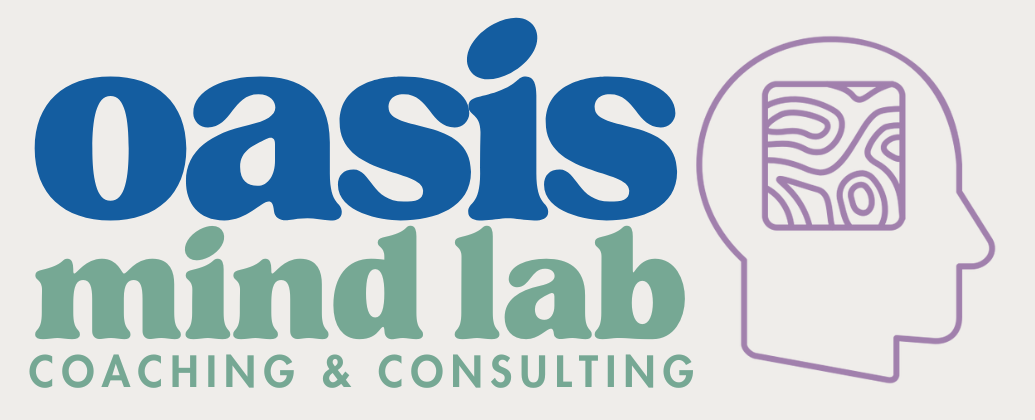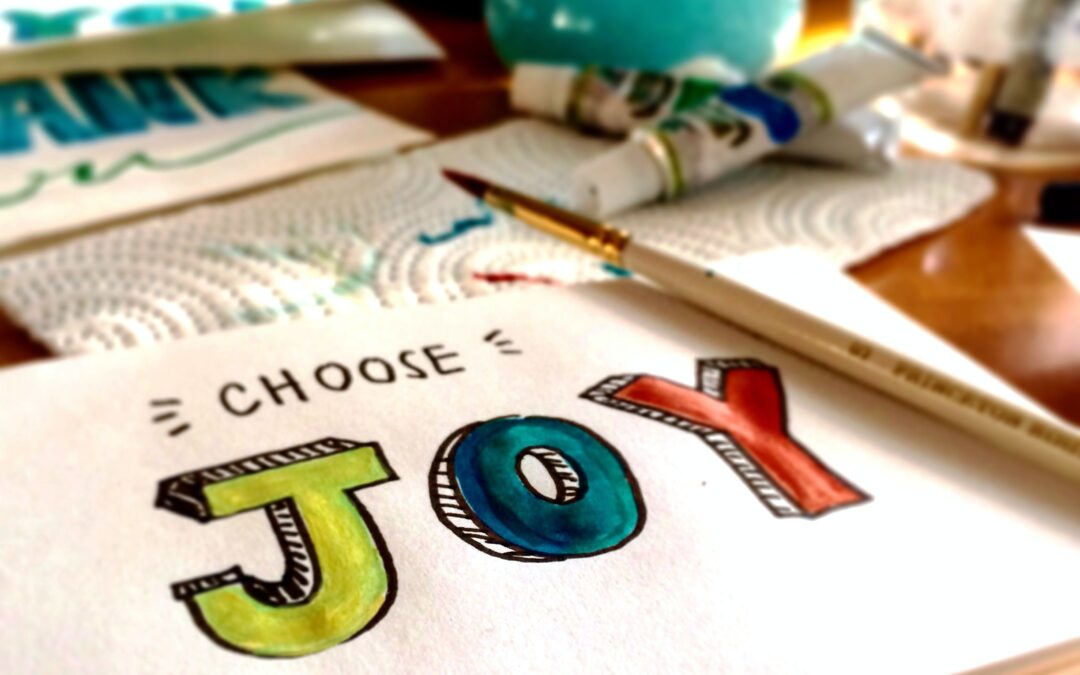Have you ever been in a situation where you have to deal with someone who is highly critical or constantly points out all your flaws? In this article, we dive deep into the topic of Faultfinding.
What is Faultfinding? “A person who habitually finds fault, complains, or objects, especially in a petty way.” (1). Why do we as humans feel the need to indulge in this behavior? Many believe the baseline of this behavior relates to the ego. The ego looks for ways to boost itself, and in the monetary moment of being antagonistic towards the other person, the ego says to itself, I am better than this person. Although that moment of feeling better about ourselves is short-lived, what we are doing is masking our insecurities by feeding into our ego. Others indulge in this behavior because they are seeking attention. By pointing out another person’s flaws or complaining about what is wrong with the person, they draw attention to themselves while inducing an emotion from the other person. Others fault find as a way to grasp for control. By being critical or challenging towards another person, they feel more in control and use this as a tactic to control the other person. Some may call this being manipulative. Others may call this bullying. Fault finding often stems from a place of fear, selfishness, and low emotional intelligence.
In Dr. Brene Brown’s Atlas, she speaks about “Schadenfreude”. Schadenfreude means pleasure or joy derived from someone else’s suffering. (2)
“Pointing out someone’s flaws or failure might feel good for that moment, but nothing that celebrates the humiliation or pain of another person builds lasting connection”.
Brene Brown
Psychologist Greg Kushnick thinks faultfinding promotes depression. He believes by pointing out what is wrong with others, you’re worsening your own deep-rooted insecurities. He associates this behavior with the possibility of having an overly punitive parent that was critical towards the person as a child. (3). Dr. Kushnick believes that there’s a correlation between fault finding and mood crashes.
“Fault finding gives you a temporary ego boost and the illusion of superiority in the moment, but crashes your mood a few seconds later.”
Dr. Kushnick
Faultfinding can happen in friendships, relationships, and at work. Dr. Phil offers his insight on when faultfinding happens in relationships: “There is nothing wrong when one party complains about the actions or attitudes of another if that complaint is designed to improve the relationship. But constructive criticism too often gives way to constant Faultfinding, in which you obsess over the flaws and imperfections rather than find value in your partner.” (4) I think we often get stuck on focusing on the negative of a situation instead of looking at the whole picture and developing a solution.
What are some ways of reducing Faultfinding?
- Instead of pointing out the bad in people, focus on pointing out the good in people. Focusing on the positive will cause you to see the good about yourself too and not act from a place of insecurity.
- Forgive the people who have displayed this behavior with you in the past. Forgiveness is the key to letting go.
- Focus on your personal growth instead of being critical of others.
- Start a gratitude journal and make lists of what you are thankful for
- Look at the whole picture. Instead of black and white thinking, practice realizing that people have many different parts to them than the flaw you’re focused on.
- Practice empathy. How would you feel if you were in their shoes? Is what you are saying kind?
When I catch myself faultfinding, I remember that the world is vast, and there is a bigger picture than the one I was focused on. I think how there are kids out there that are worried about beating cancer, and here I am zoned in about something that doesn’t matter that much. It’s not that serious.
Faultfinding behaviors tend to happen in the workplace, and Faultfinding upon each other hurts morale along with causing tension and stresses other people on the team out. Here are some ways of dealing with the behavior when it happens at work:
- Address the issue when it happens. Open and honest communication between coworkers develops healthier relationships. Dissolve the tension by talking to the coworker.
- If possible, distance yourself from the person indulging in this toxic behavior and manage your energy. Dealing with a fault finder is exhausting and can be draining.
- Understand from the other person’s perspective. Are they aware that they are being negative? For someone to change their behavior, they must be able to see that they are doing the behavior in the first place.
- Understand that this is some people’s personality type and that you can take the learning points from their behavior but otherwise set limits. If they start attacking you personally, respond with, “I treat you with respect, and I ask for the same in return.” (5)
- Speak to someone about management if you feel uncomfortable with one of your coworkers and develop a safety plan.
Whether you’re the person working with a faultfinder or the person being critical, there are ways to manage this behavior on both sides, leading to a happier overall life.
Sources
- https://www.dictionary.com/browse/fault-finding
- Brown Brené. (2021). Atlas of the heart: Mapping meaningful connection and the language of human experience. Vermilion.
4-https://www.drphil.com/advice/are-you-a-faultfinder/
5- https://katenasser.com/professional-people-skills-to-find-solutions-not-fault/

